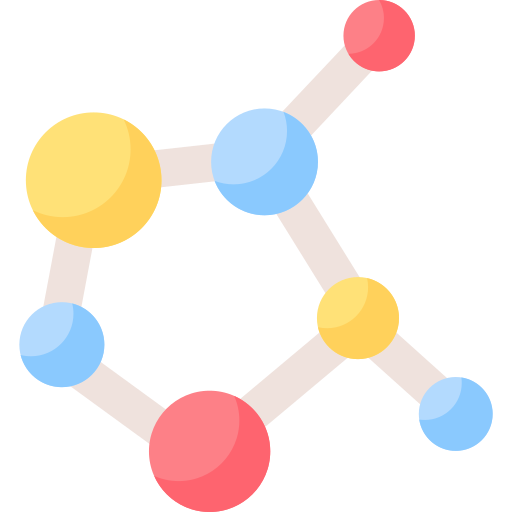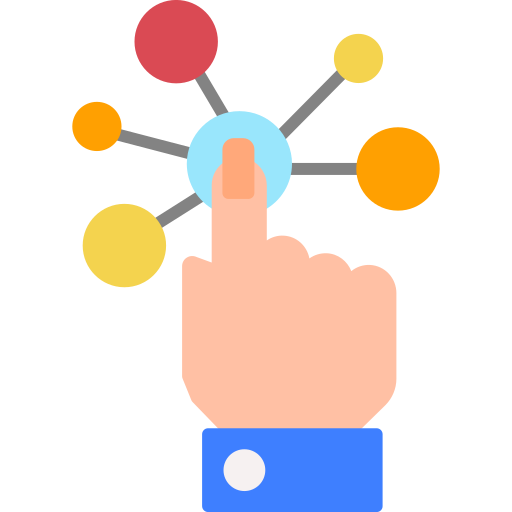Q.1: How can one determine if a product or process infringes on a patent?
It usually takes a thorough examination of both the accused product or process and the patent claims to determine if a product or process infringes on the patent. Here's are general steps to determine the infringement:
Understanding the Patent: The process starts by carefully reading the claims of the patent in question. The claims specify the boundaries of the patent's coverage. It's critical to comprehend each assertion and its interpretation.
Comparing the claims with Product/Process: Then each claim of the patent is compared with the accused product or process. To ascertain if each component or restriction listed in the claims is present in the product or method. A product or method may infringe a patent if it incorporates all of the elements of at least one claim.
Q.2: What constitutes patent infringement in intellectual property law?
In terms of intellectual property law, using, manufacturing, or selling a patented invention without the patent holder's consent is known as patent infringement. It may also happen if an innovation that is comparable is brought into a nation where the patent is still in effect. where all requirements of the patent claim are met, this infringement can be considered literal. Alternatively, it can fall under the law of equivalents where the innovation achieves the same goal in a substantially similar manner. Contributions to or encouragement of infringement may also constitute indirect infringement. Defenses could include demonstrating the patent's invalidity or claiming the alleged action is covered by safe harbor or exemption clauses.
Q.3: What are the penalties for patent infringement?
Injunctions, damages, accounting of profits, legal costs, the confiscation and destruction of infringing products, and, in extreme circumstances, criminal penalties are all possible punishments for patent infringement. These penalties are meant to make up for lost revenue and discourage similar acts in the future.
Q.4: What role does a patent's claim construction play in an infringement case?
Since the claims determines the extent of the patent owner's rights, the claim construction of a patent is important in matters involving patent infringement. The process of interpreting the language of a patent claim to ascertain what subject matter is covered by the invention is known as claim construction. Further, by analyzing the text of the patent claims, claim construction establishes the extent of the patent's protection. It aids in determining if the alleged process or product is covered by this. Should it occur, it might violate the patent. Both actual infringement and the application of the law of equivalents depend on the formulation of the claim.
.jpg)
















.png)

.png)






